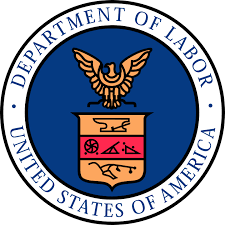The Department of Labor proposed a new fiduciary rule.
The proposed rule would end the traditional five-part test for determining if an adviser is acting in a fiduciary capacity and replace it with a three-part test in which satisfying any one of the three conditions would make the adviser a fiduciary.
The first two criteria in the proposal say that if the adviser either invests money with discretionary authority or claims to be acting in a fiduciary capacity, the adviser is a fiduciary.
The third criterion is a bit more complicated: If an adviser renders paid advice “to investors on a regular basis as part of their business and the recommendation is provided under circumstances indicating that the recommendation is based on the particular needs or individual circumstances of the retirement investor and may be relied upon by the retirement investor as a basis for investment decisions that are in the retirement investor’s best interest,” that adviser is a fiduciary.
This part re-applies the “regular basis” requirement of the traditional five-part test to an adviser’s relationship with the public, or individual clients in aggregate, rather than applying it to the investors as individuals and their relationship with the adviser. This allows the DOL to cover one-time recommendations, such as rollovers into an IRA, annuity sales or investment menu design for retirement plans as fiduciary acts.
With an election in 2024, and probable litigation, time will tell if the rule ever becomes final.







